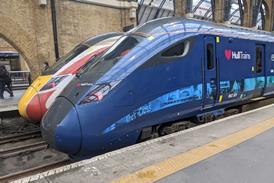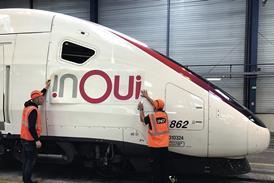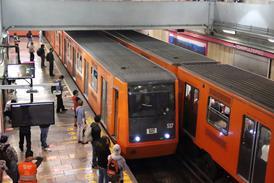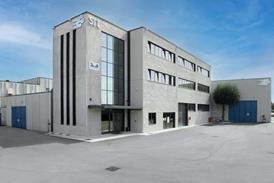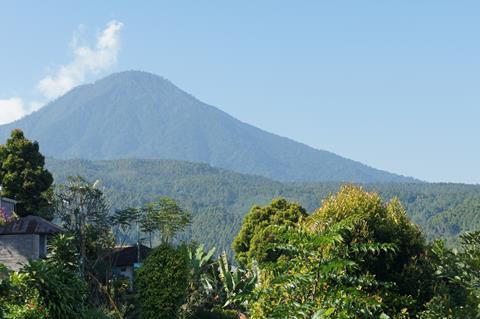
INDONESIA: A consortium of South Korean contractors has been awarded a contract to study plans for a light metro in Bali, state-owned engineering consultancy Korea National Railway has announced.
The KNR-backed consortium of national operator Korail, KRT Co Ltd, Saman Co Ltd, and Dongmyeong Co. Ltd has been awarded a 16bn won contract, funded by South Korea’s Eximbank, to carry out a feasibility study for the Gusti Ngurah Rai Airport – Central Parkir section of Bali’s planned light metro. The study is due for completion by the end of August 2024.
Indonesia’s Co-ordinating Minister for Maritime Affairs & Investment Luhut Binsar Pandjaitan announced plans for a light metro in the south of the island on September 27. The 9·5 km north-south first phase of the Bali LRT would be built in two sections covering I Gusti Ngurah Rai Airport to Central Parkir (5·3 km) and Central Parkir to Seminyak (4·2 km). It would be mostly underground and partly at street level.
Subsequent phases could see it extended north to Canggu and Mengwi. The minister hoped that civil works on the initial section could begin next year.
The line is expected to ease heavy congestion on routes to and from the airport, which Pandjaitan said is expected to handle 24 million passengers/year in 2026. Unless the light metro is completed by then, ‘we can be stuck in traffic to and from the airport for 3 h’, Pandjaitan said.
‘We have been asked to start preparing a timeline and count down from the groundbreaking which is planned for the beginning or the first semester of 2024’, said Governor of Bali Sang Made Mahendra Jaya. ‘We have to act quickly because this project is rolling out very fast, and the central government has started to take a position.’
‘We hope that this feasibility study will be a stepping stone for exporting South Korea’s excellent railway systems to the world-class tourist destination of Bali, following the Jakarta LRT’, said KNR Chairman Kim Han-young on October 18. ‘We will continue to strive to actively participate in overseas railroad markets through win-win cooperation between Korail and private companies.’

